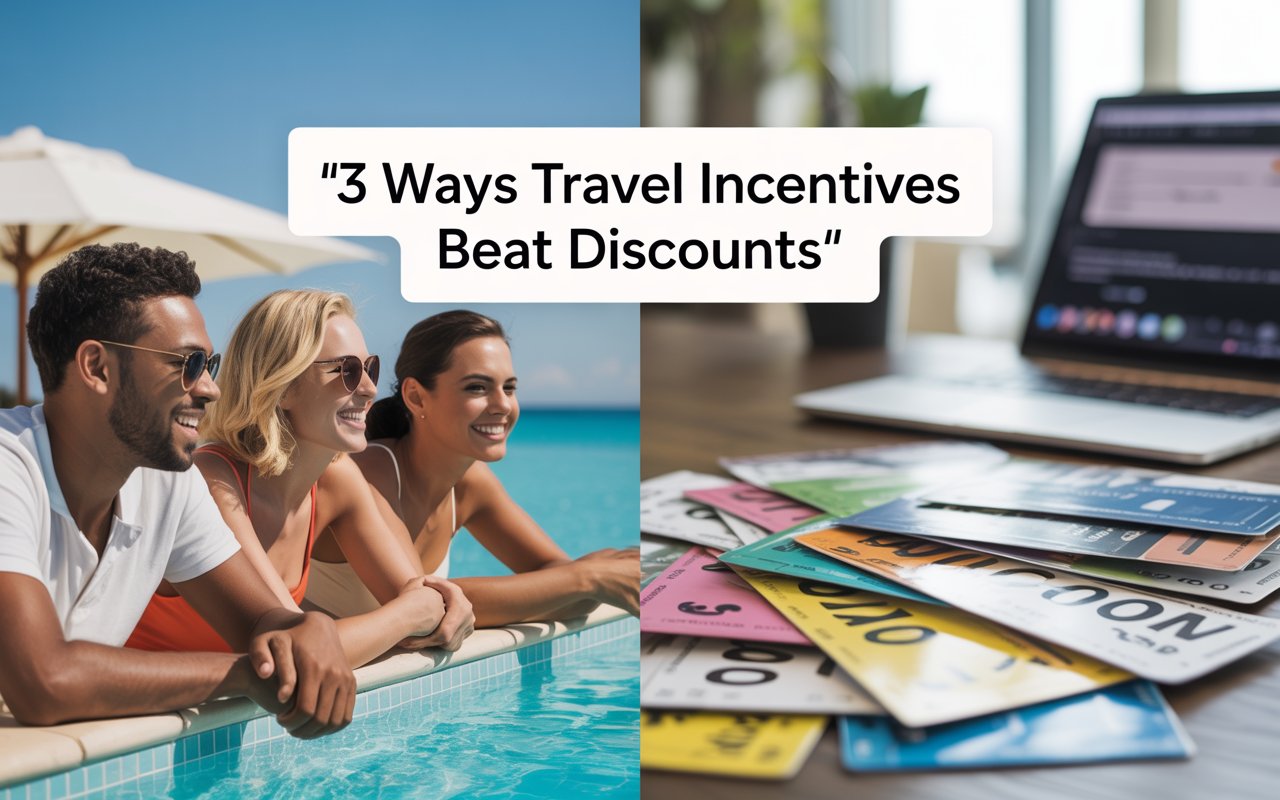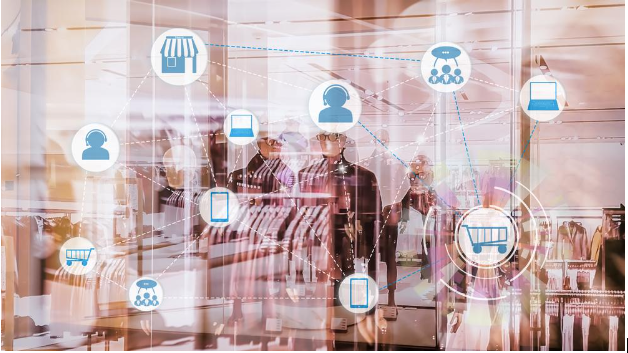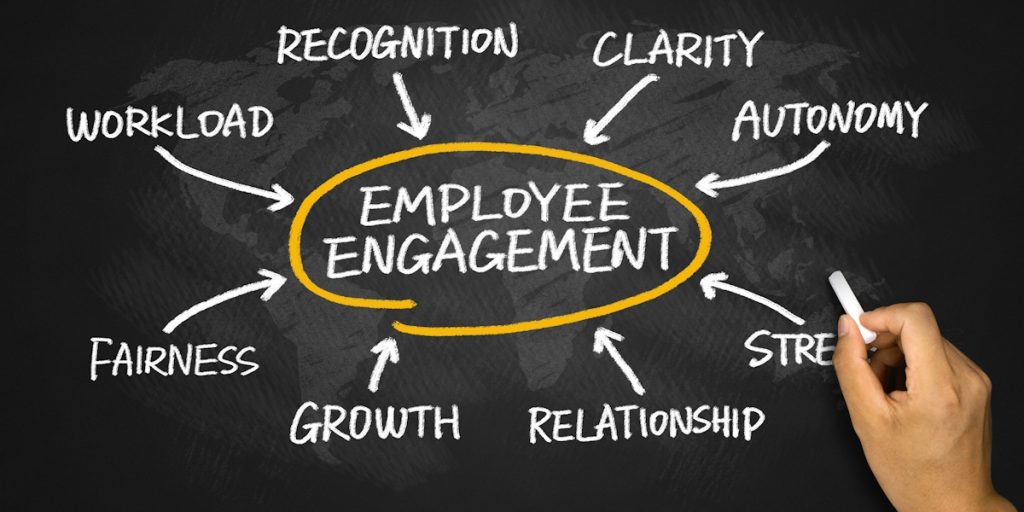Organizations put a lot of effort into keeping employees motivated and engaged. A well-designed employee incentive programs can be the difference between a team that feels valued and one that feels overlooked. The challenge lies in choosing rewards that do more than create a temporary spark.
Many companies default to discounts and coupons because they are easy to manage and seem cost-effective. But the truth is, these rewards often fail to leave a lasting impression. Travel incentives, on the other hand, are proven to generate stronger loyalty, higher engagement, and measurable business benefits. Let’s break down three clear reasons why travel-based rewards outperform discounts and coupons.
1. Travel Incentives Strengthen Emotional Impact
Discounts and coupons usually provide short-term satisfaction. Employees use them, enjoy a brief benefit, and then move on. There is little emotional value tied to the experience. Travel incentives, however, create powerful memories that last well beyond the reward itself.
A trip connects with employees on a personal level. Whether it’s exploring a new city, attending a cultural event, or relaxing with family, the experience is unique and memorable. This emotional impact fosters stronger loyalty to the company that made it possible.
Businesses that prioritize non-cash employee incentives like travel find that employees develop a deeper sense of belonging and pride in their workplace. These rewards send a clear message: the company values employees as people, not just workers.
2. Travel Rewards Encourage Higher Performance
One of the main goals of employee incentive programs is to improve performance. Discounts and coupons rarely achieve this because they don’t build anticipation. Employees might appreciate the savings, but they don’t see them as a goal worth striving toward.
Travel incentives, on the other hand, act as a motivating force. The idea of earning a trip pushes employees to reach higher targets, collaborate more effectively, and stay focused. The excitement starts from the moment the program is announced and continues through the reward experience itself.
When companies personalize and optimize employee rewards, the results are even stronger. Tailoring incentives to match employee interests ensures that the reward feels meaningful. A personalized travel program can transform ordinary recognition into a motivational tool that inspires sustained effort.
3. Travel Incentives Deliver Measurable Business Value
From a financial standpoint, coupons and discounts often fall short. They are consumed quickly, forgotten easily, and rarely impact long-term employee satisfaction. Travel rewards, however, create ripple effects that extend well beyond the trip itself.
Employees who take part in incentive travel programs are more likely to stay with the company, reducing costly turnover. They are also more engaged and willing to contribute positively to workplace culture. These outcomes directly improve productivity and reduce the need for constant rehiring and retraining.
Companies that integrate travel into their employee incentive programs see higher returns on investment compared to businesses that rely solely on transactional rewards. Adding meaningful experiences to the mix strengthens retention and builds a workplace culture that employees are proud to be part of.
For even greater impact, organizations can explore non-cash employee incentives beyond travel, such as skill-building opportunities, wellness packages, or personalized experiences. All of these provide long-term value that coupons simply cannot match.
Why Experiences Are More Effective Than Discounts
The difference between travel incentives and discounts is clear. Discounts save money, but the satisfaction is brief. Travel experiences, by contrast, are remembered, shared, and valued for years. They strengthen emotional bonds, drive performance, and deliver measurable benefits to the business.
At their core, employee incentive programs should go beyond simple transactions. They should recognize employees in ways that inspire loyalty and effort. By choosing travel and other experiential rewards, organizations are not just offering a perk—they are building a stronger, more engaged workforce.
Are Your Employee Incentive Programs Creating Lasting Impact, Or Just Offering Short-Term Perks?




